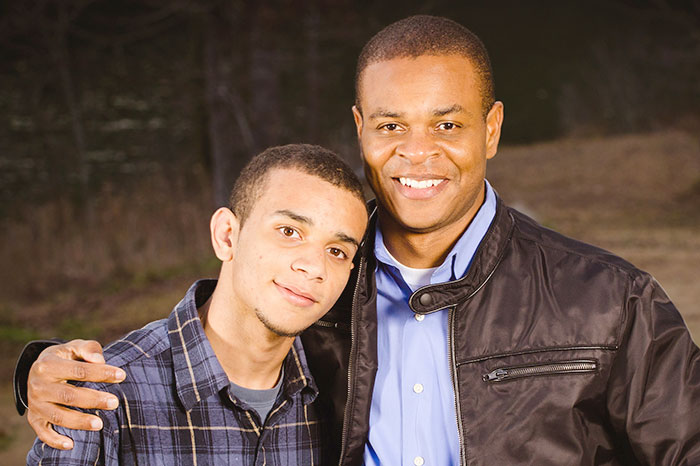Human Rights and Long Residence
If your family or private life is in the UK and you don’t want to return to your home country then we can help.
At LUPINS, we are renowned for our outstanding representation of those wishing to continue to enjoy their private and family life in the UK. We have been recognised for taking cases as far as the Supreme Court and European Court of Human Rights. Our team of legal experts can assist at any level including complex deportation cases and we have extensive experience in assisting our clients with long residence human rights applications based on family and private life.
Please note that the advice below is no substitute for seeking advice directly from one of our experts as every case is different and is legally and factually unique. In all cases it is essential to obtain our advice as soon as possible.
Delaying your claim can have an adverse impact upon your case.
Family life
The European Convention on Human Rights (ECHR) is incorporated into UK law within the Human Rights Act 1998. Article 8 requires the UK authorities to respect your private and family life in the UK. This protection applies to everyone within the UK. However this protection is not an absolute right and a range of factors are taken into account when considering an application to remain in the UK under Article 8 of the ECHR.
You may be able to apply for leave to remain in the UK on this basis if a requirement for you to leave the UK would breach yours or your UK based family’s rights. If you have a partner and/or child who live in the UK, your Article 8 Rights may be breached if your departure from the UK causes your family to be separated and your family members cannot join you outside the UK.


Children
If you have a child or children who have lived in the UK for 7 years or more you can apply for ‘leave to remain’ for them under the Immigration Rules. If your child is settled and integrated it may be arguable that it would not be reasonable for them to relocate and start again in another country. The longer your child has lived in the UK, the stronger their case will be. Contact one of our expert lawyers to ensure you have all the correct documentation to assist you with this application.
Long residence (10 years in the UK)
If you have been in the UK legally for 10 continuous years you can apply to settle in the UK without any time restrictions.
To make this application you must already have permission to stay. This can be in any immigration category, or a combination of different immigration categories. You must also have been in the UK legally for 10 years and have kept to the terms of your UK visa.
In addition, if you are aged 18 to 65 years old, you must pass the ‘life in the UK’ test and show you have sufficient English language skills.
If you cannot meet these requirements you may be able to extend your stay for up to another 2 years.
Your 10-year qualifying period can start from either the time when you arrived in the UK with a visa or when you were given permission to stay in the UK.

To prove you have continuous residence you must demonstrate that you do not have gaps between your times spent in the UK. You can however leave the UK during the continuous residence period for up to 180 days at a time and 540 days in total. You cannot count any time spent in a prison, young offender’s institution, secure hospitals; or time spent in the Republic of Ireland, Isle of Man or Channel Islands.
Once you have 10 years continuous residence you can apply for settlement. You don’t need to wait until your current leave expires.
Long residence (20 years in the UK)

If you have been in the UK without valid leave you can apply to remain on the basis of your private life. Leave to remain on this basis can be granted if:
- You have lived in the UK continuously for 20 years;
- You have lived in the UK for less than 20 years but there would be very significant obstacles to your integration into the country to which you would have to go if required to leave the UK;
- You are under the age of 18 and have lived continuously in the UK for at least 7 years and it would not be reasonable to expect you to leave the UK;
- You are aged over 18 and under 25 and have spent at least half of your life living continuously in the UK.
If you are successful you will be granted 10 years discretionary leave to remain. Only after that period can you apply to settle in the UK without any time restrictions.
Documentation
Many applications are refused because the documentation submitted is insufficient and not in the correct format. At LUPINS, we will make sure that you have all the required documentation in support of the application so as to ensure you have the best chance of success.

LUPINS Supporting you all the way
We will ensure that you have the correct documentation that proves you fulfil all the requirements of the immigration rules.
- We will advise and assist you in completing the application forms
- We will hold your hand throughout the application process
- We will make detailed representations in support of the application setting out clearly why the application should succeed, highlighting the documentation we are submitting with reference to your specific circumstances and how this proves you meet all the requirements.
Put simply, our immigration solicitors will hold your hands throughout the process,
liaising with all relevant government bodies, including UK Visas and Immigration,
British Consulate, overseas agents and where necessary the courts.


